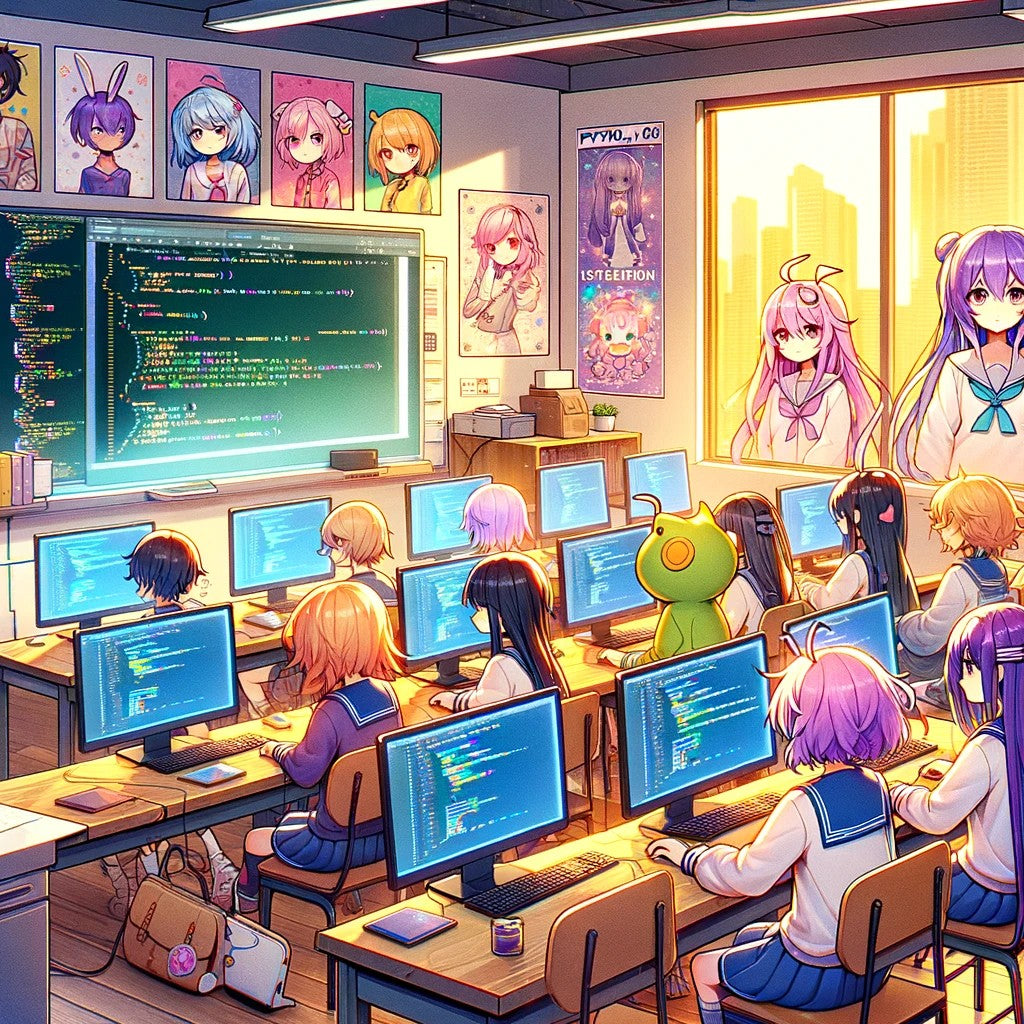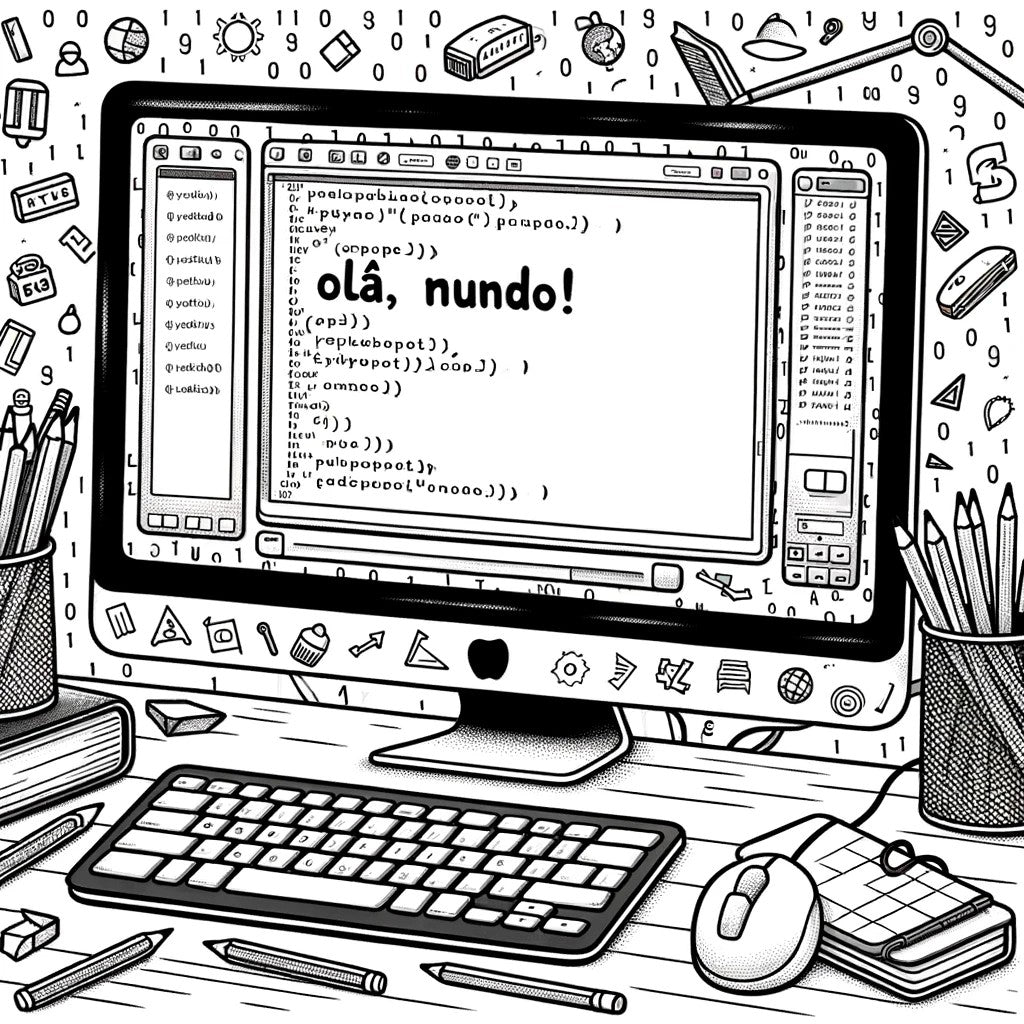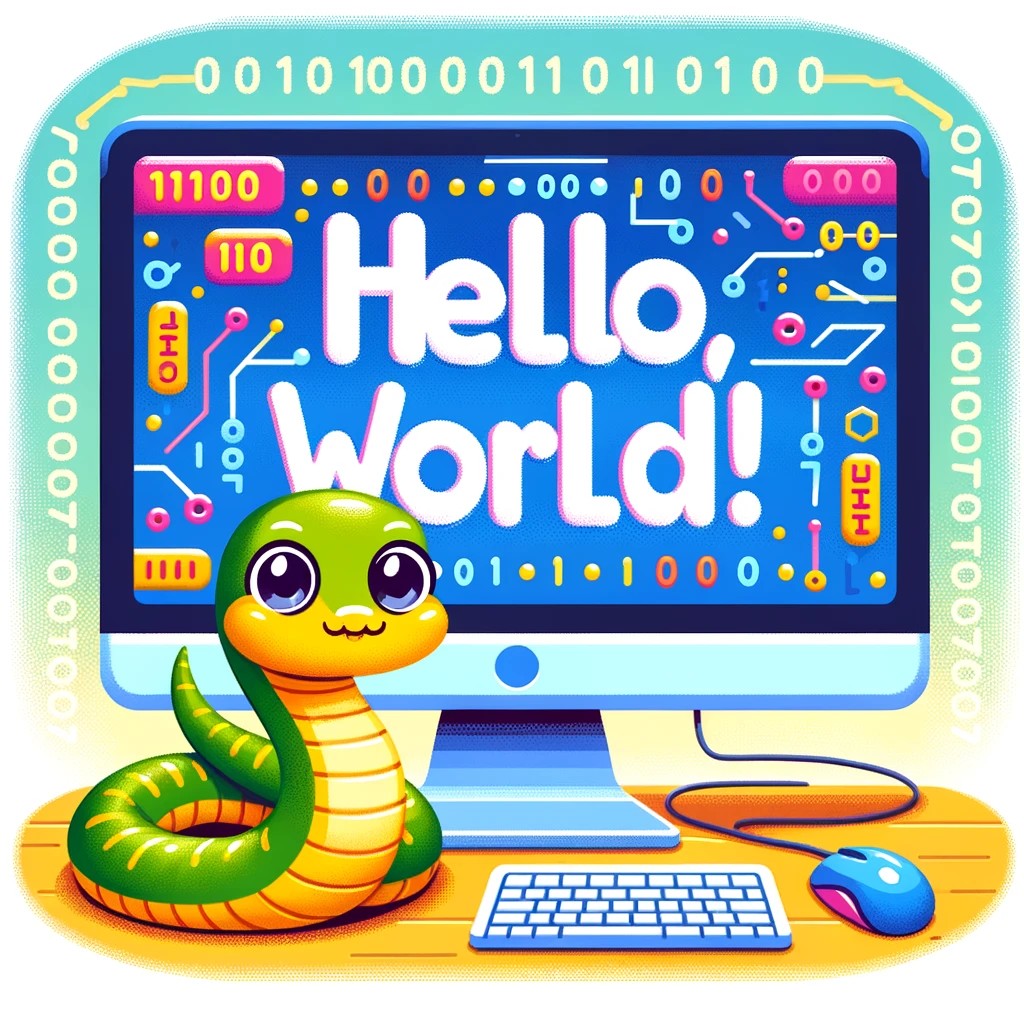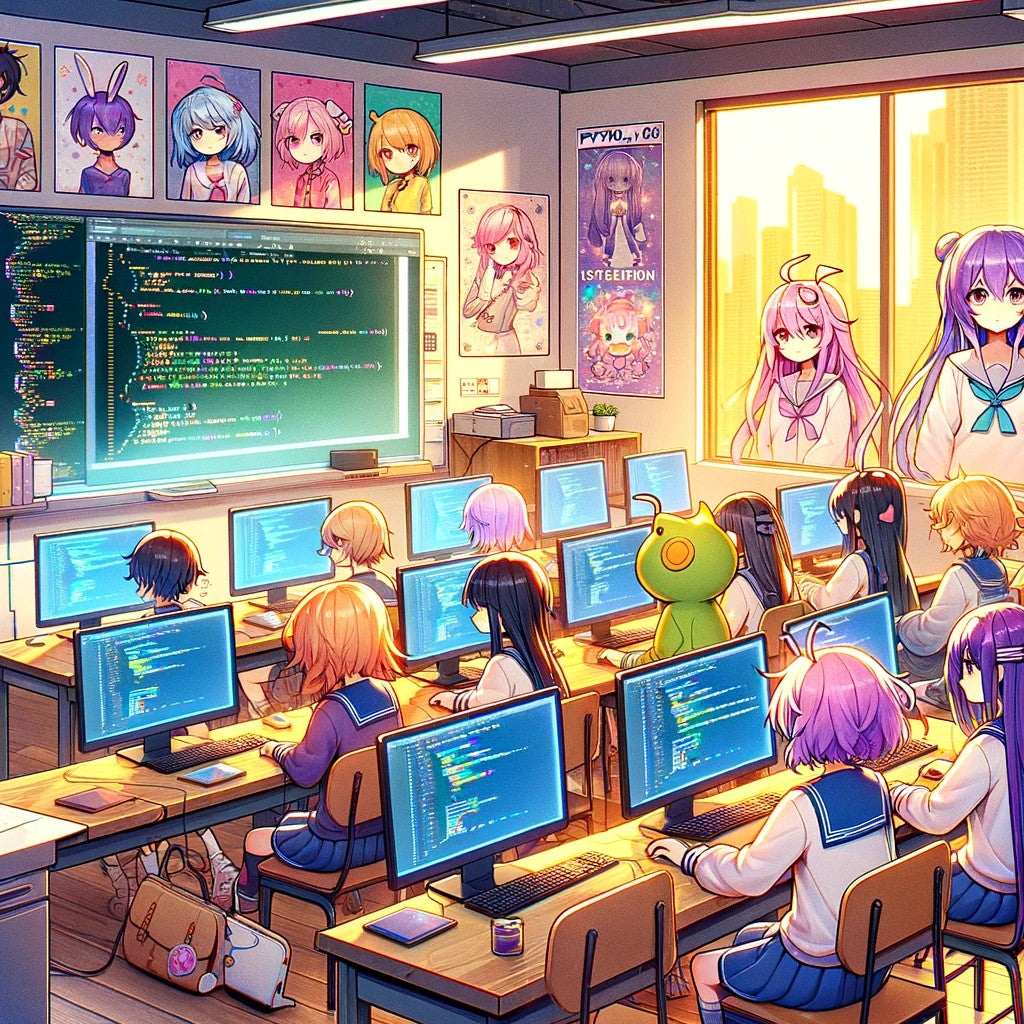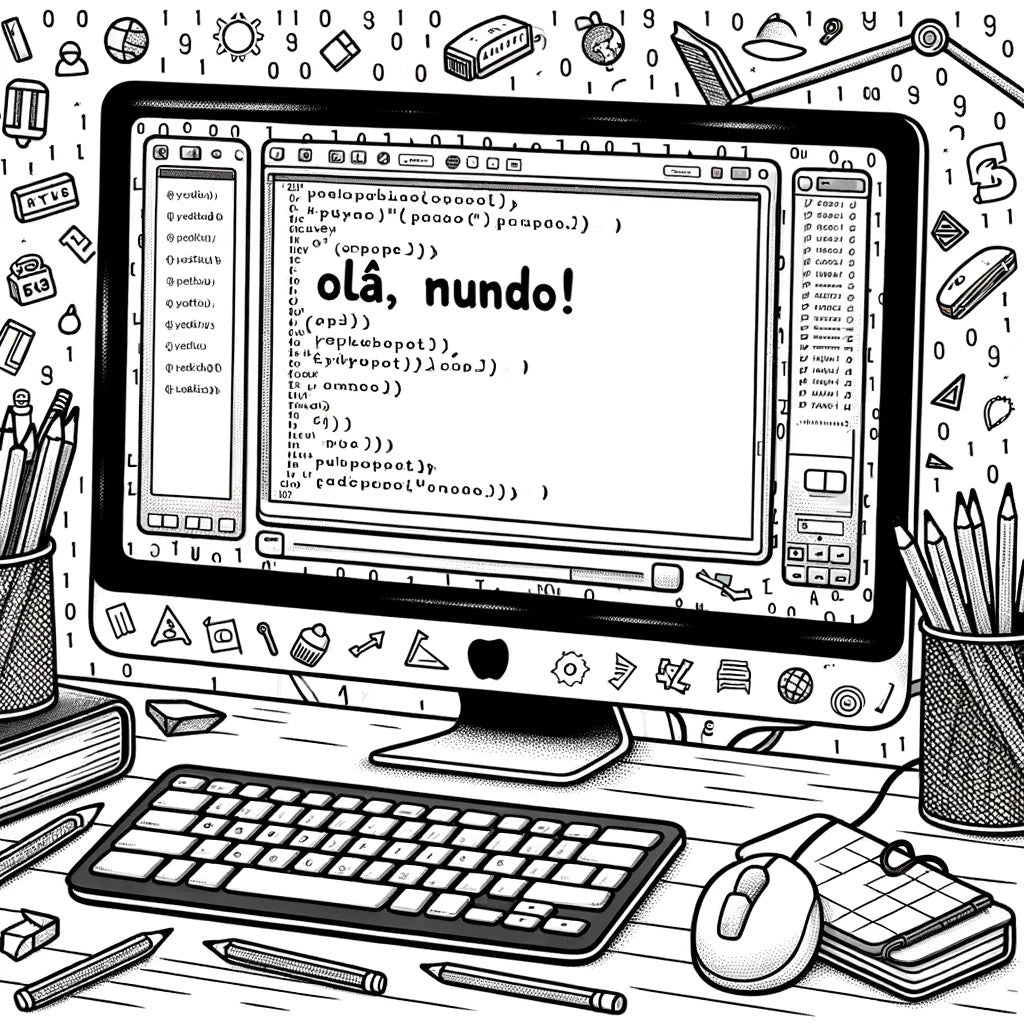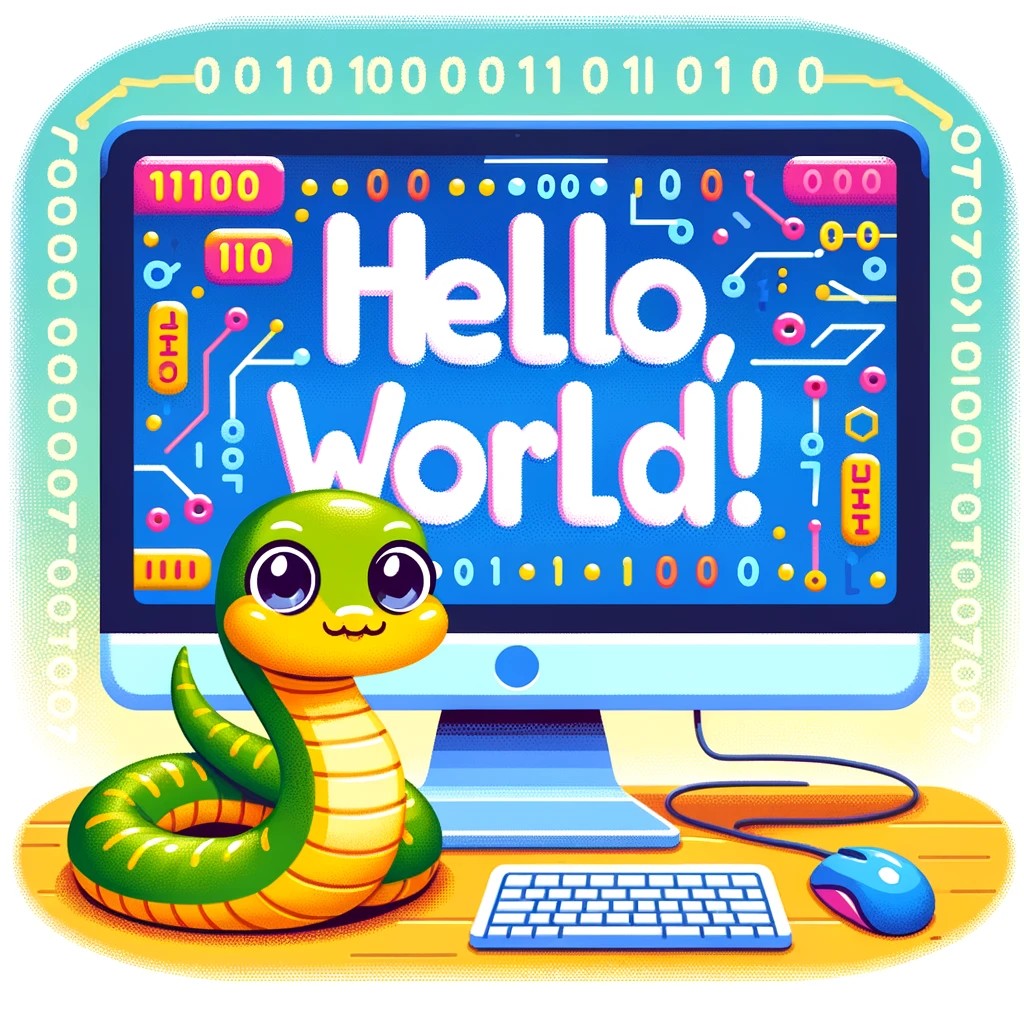Python Programming to Kids
Python Programming to Kids
Regular price
€200,00 EUR
Regular price
Sale price
€200,00 EUR
Unit price
per
Tax included.
Couldn't load pickup availability
Course Outline: Python Programming for Kids
-
Introduction to Python
- What is Python and why is it important?
- Installing Python and setting up the environment.
- Introduction to programming concepts.
-
Basic Concepts
- Understanding variables and data types.
- Simple operations: Addition, Subtraction, Multiplication, and Division.
- Introduction to strings and basic string operations.
-
Control Structures
- Conditional statements: if, elif, else.
- Introduction to loops: for and while loops.
- Simple projects: Building a basic calculator, etc.
-
Fun with Functions
- Defining and calling functions.
- Understanding parameters and return values.
- Mini-project: Create a game or a story using functions.
-
Data Structures
- Lists and list operations.
- Tuples and their usage.
- Basic introduction to dictionaries.
-
Intermediate Projects
- Building a simple text-based game.
- Data handling project: like a basic contact book.
-
Introduction to Error Handling
- Understanding errors and exceptions.
- Basic error handling using try-except blocks.
-
Basic File Handling
- Reading from and writing to files.
- Simple project: Maintaining a diary or a log file.
-
Graphics and Animations
- Introduction to libraries like Turtle for graphics.
- Creating basic animations and drawings.
-
Final Project
- Encouraging students to use their skills to create a final project of their choice.
- Project presentations and code review.
Supplemental Activities
- Interactive Python Games: Utilize platforms like CodeCombat or Scratch to make learning more engaging.
- Weekly Challenges: Pose fun and age-appropriate coding challenges.
- Peer Review Sessions: Encourage collaboration and learning from peers.
Additional Tips
- Use Visual Aids: Kids respond well to visual learning. Use diagrams and animations to explain concepts.
- Keep Sessions Interactive: Regularly ask questions and encourage kids to share their thoughts.
- Encourage Experimentation: Let them play with code and learn from trial and error.
